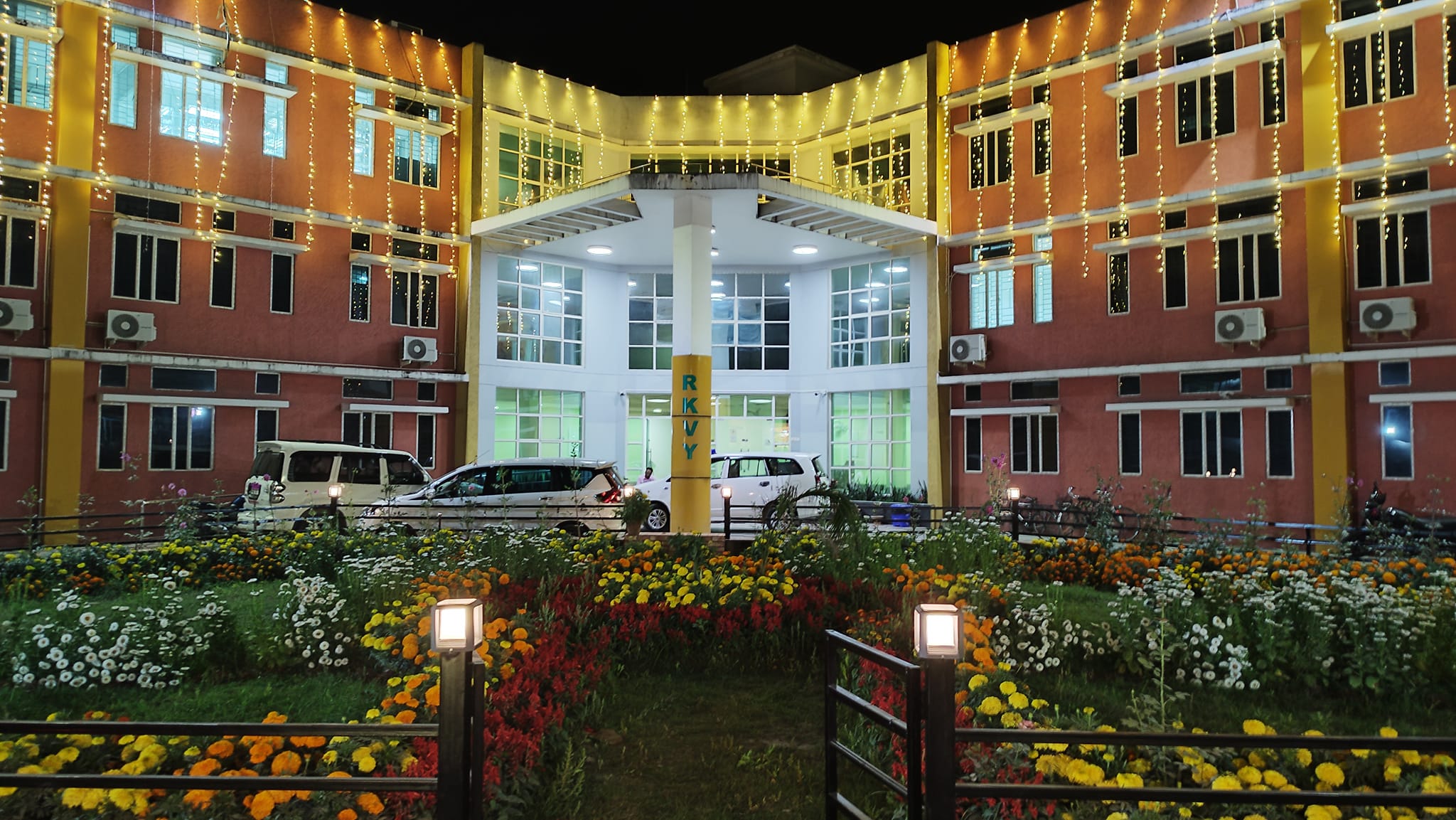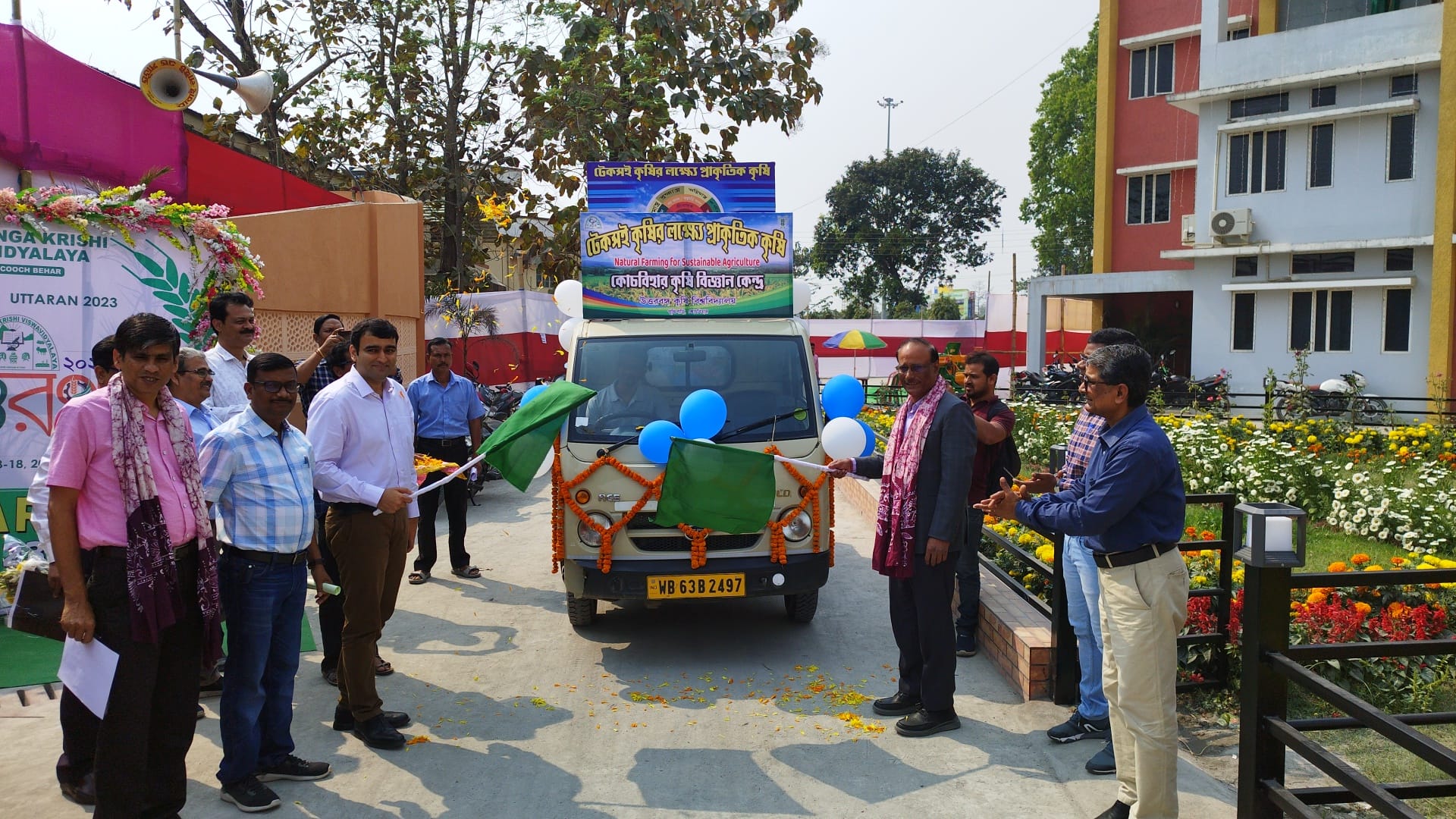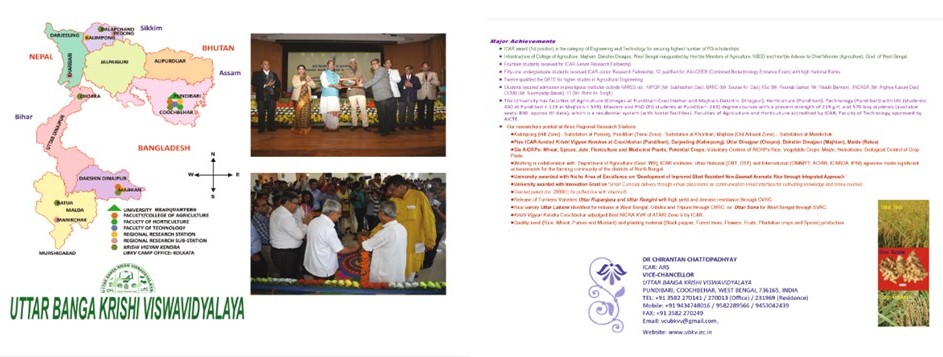Ph. D Forestry Syllabus
MAJOR COURSES
FOR 700 Quantitative Silviculture 2+0
Growth functions- empirical, exponential, allometry and Backman’s growth function; growth and increment curve; growth cycle and phases; correlation between size and plant population; probability of individual tree mortality; models of mortality; yield of unthinned forest stands; dynamics of uneven aged forests; competition for space, light and nutrients in forest stands and their effect on population; plant geometry; self thinning; stand structure and allometry of trees during self thinning of pure stand; interpretation of self thinning rule; detailed concepts of 3/2 power law of self thinning and its revaluation and modifications.
FOR 701 Advances in Forest Product Utilization 2+0
Ultra structure and composition of soft and hard woods; wood-water relationship- green wood, fibre saturation point; equilibrium moisture content; transverse, volumetric and longitudinal shrinkage.
Wood as source of energy and its comparison with other sources; energy forecasting- diagnosing failures and examining criteria for the future; production of chemicals from forest biomass- lignin, cellulose and hemicellulose; important wood extractives; wood plastics; future of forest product utilization.
FOR 702 Production and Certification of Forest Tree Seed 2+0
Pollinators of trees; fecundity as function of nectar production and seed predation; seed production and collection; physiological basis of seed collection- maturity index and artificial ripening; seed stand and seed orchard- historical review, planning, management and protection; design of seed orchards; advanced generation seed orchards; seedling versus clonal seed orchard; seed storage- historical background, seed physiology, seed viability, germination, vigour and loss during storage; essentials of seed testing and certification of forest tree seeds.
FOR 703 Operational Research in Agroforestry 2+0
Agroforestry systems in India; D & D analysis in agroforestry system; case studies of agroforestry systems in different climatic regions in India; project planning; research methods for management in agroforestry system- pruning, spacing, crown architect, shade manipulation; tree-crop interaction; improvement of agroforestry trees; economics of agroforestry systems; recent research undertaken in different countries.
MINOR/SUPPORTING COURSES
FOR 704 Advances in Forest Regeneration and Productivity 2+0
Principles and methodology of forest regeneration; regeneration sampling- pattern and intensity; factors affecting natural and artificial regeneration; problems of regeneration in important species.
Concepts of productivity; forest productivity and succession; nutrient input and budget; energy flow accumulation and storage; productivity and community structure; influence of canopy architecture on stand productivity and efficiency; natural ecosystem versus monoculture; methods of assessing forest site quality.
FOR 705 Advances in Medicinal and Aromatic Plants 2+0
Chemical studies of important pharmaceutical and insecticidal compounds of plant origin; chemical convergence of some plant products to useful drugs; nature of post harvest degradation of active principles.
Biotransformation of different compounds to medicinally useful compounds; effect of plant growth regulators, precursors and nutrients; environmental and biological factors on regulation of production of medicinal compounds.
FOR 706 Research Methods 1+1
Principals and utilization of research instruments- gas liquid chromatography, HPLC, amino acid analyzer, CHN analyzer, AAS, IR, UV, NMR and mass spectrophotometer; chemical analysis of pulp; physical strength properties of paper- breaking length, stretch, tear index and burst index.
Practical: Use of above said instrument for analysis.
FOR 750 Advanced Agroforestry 2+0
Importance and classification of agroforestry system and their potential in production sustainability; sustenance of soil fertility and regulated supply of multiple products; agroforestry modals; basis for experimental designs on agroforestry research; appraisal of research findings on different agroforestry systems; scope of agroforestry in amelioration of different ecosystem and pollution control.
FOR 751 Operational Research in Forest Management 1+1
Case studies on regulation of even and uneven aged stands; project planning; operational research methods in forest management; application of programming- linear and dynamic; network analysis- PERT and CPM; inventory models and simulation technique.
Practical: Application of above techniques through a case analysis using forest inventories.
FOR 752 Range Management 2+0
Principles and practices of range land management; improvement of range productivity by vegetation manipulation through control of undesirable vegetation- burning, fertilization, soil and water conservation and protection; range land versus grass land versus pastures; range improvement and livestock management; feeding habits and grazing behaviour of range livestock; optimal livestock and range use; fodder from trees and shrubs and their nutritive values.
FOR 753 Forest Biomes of the World 2+0
Definition of biome; distribution and phytogeography of forest ecosystems; major forest ecosystems of the world; structural and functional aspects; effects of perturbation.
FOR 754 Improved Techniques of Timber Utilization 2+0
Various techniques of improvement of timber properties; physical principles of strength improvement; cohesion, adhesion and inter molecular forces; use of natural and synthetic adhesives; strength improvement and stresses in glued joint; solid modified wood.
Principles of impregnation- flow through capillaries and diffusion in wood; densified timber- impregnation and compression; plasticizing wood; use of gamma radiation to improve physical and mechanical properties of timber and wood composites; plywoods- manufacturing and its properties, durability and resistance; metalized timber.
FOR 755 Advances in Tree Improvement 2+0
Cytological characteristics and chromosomal systems of forest trees; colchiploid; mutation breeding for forest trees; forest tree improvement- past and present; physiological basis of tree improvement; pollution responses of trees; pollen handling techniques in forest genetics.
Tissue culture of trees; inheritance of monoterpene composition in conifers; indirect selection for improvement of desired traits; role of provenance testing in tree improvement; progeny test designs; selection practices in forest trees and their commercial utilization; inter and intraspecific hybridization in trees; juvenile traits and their role in genetic evaluation in tree improvement programs; geographic variation in trees; exploration and conservation of genetic resources of trees; dioecism and monoecism in trees.
FOR 756 Genetics of Forest Ecosystems 2+0
Change in gene frequencies- selection theory, conservation of genetic variance and inbreeding; forest as a biological community; amplification of conceptual and quantitative models of variation in trees; polymorphism; gene flow and genetic drift.


















